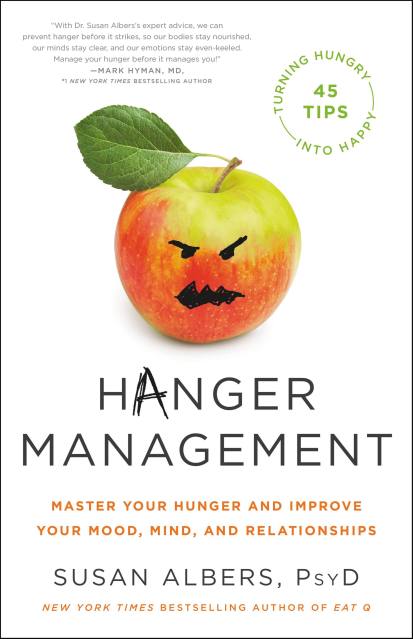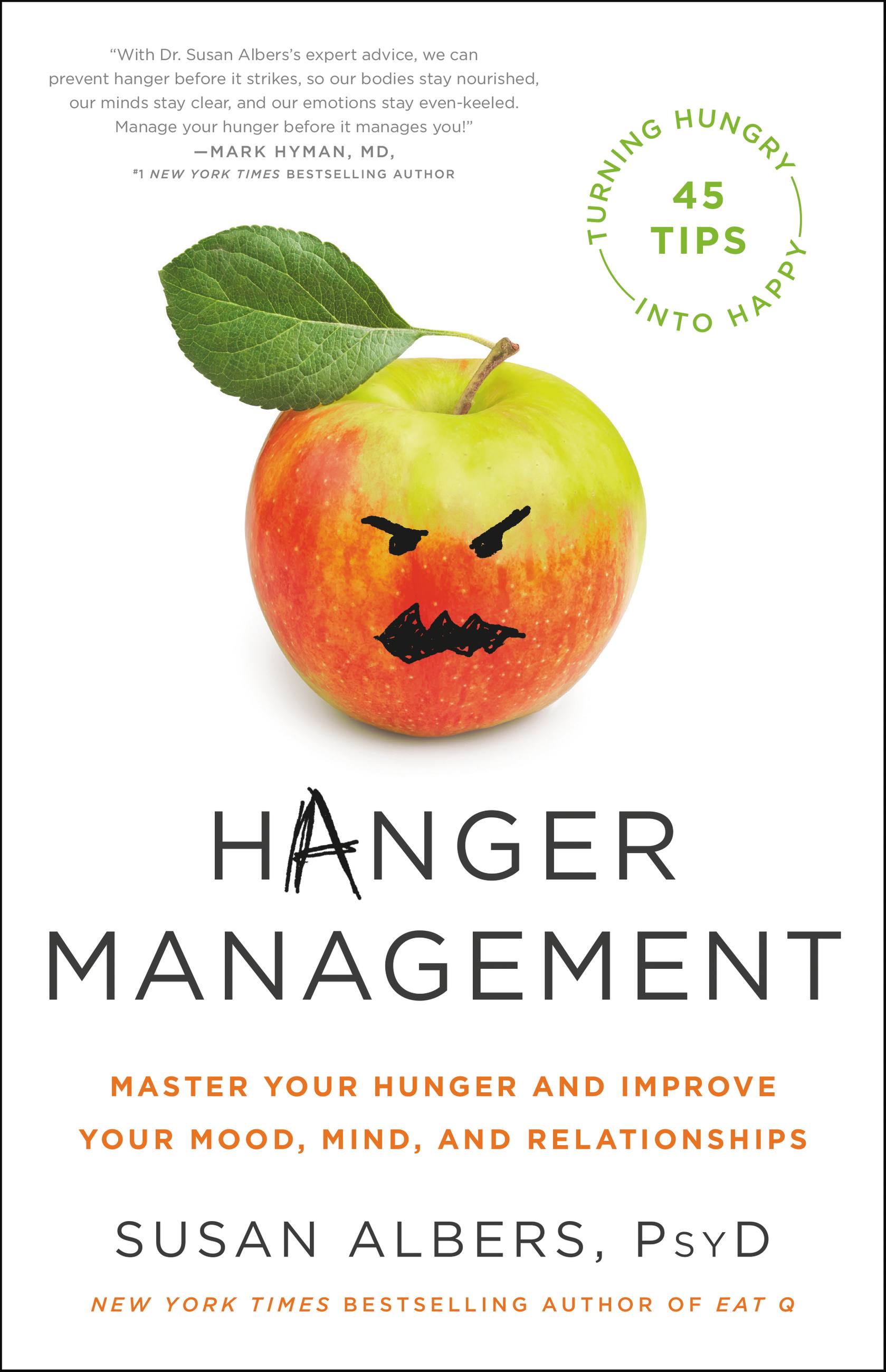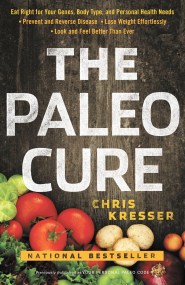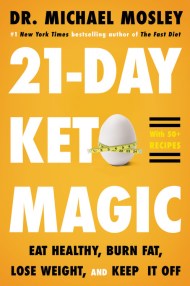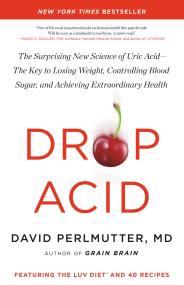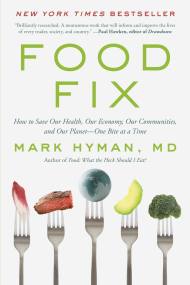By clicking “Accept,” you agree to the use of cookies and similar technologies on your device as set forth in our Cookie Policy and our Privacy Policy. Please note that certain cookies are essential for this website to function properly and do not require user consent to be deployed.
Hanger Management
Master Your Hunger and Improve Your Mood, Mind, and Relationships
Contributors
Formats and Prices
- On Sale
- Dec 24, 2019
- Page Count
- 272 pages
- Publisher
- Little Brown Spark
- ISBN-13
- 9780316524551
Price
$14.99Price
$19.99 CADFormat
Format:
- ebook $14.99 $19.99 CAD
- Hardcover $28.00 $35.00 CAD
- Audiobook Download (Unabridged)
This item is a preorder. Your payment method will be charged immediately, and the product is expected to ship on or around December 24, 2019. This date is subject to change due to shipping delays beyond our control.
Buy from Other Retailers:
It happens to all of us. One minute you’re happily going about your day, and a few seconds later you’re a snappy, illogical version of yourself. The culprit? Hanger.
We’re living busier lives than ever before, and when we forget to eat — or accidentally overeat — hunger can make us angry, unreasonable, and dull, with big impacts on our emotional and psychological well being. And hanger can become a cycle. When we get too hungry, we’re more likely to make food decisions we regret, which sets us up for another hanger crash later on.
The good news: when we make better decisions about food, we think more clearly, connect better in our relationships, and improve our performance. Hanger Management is the book that can help you break this cycle and create healthy habits that fuel and empower you.
In Hanger Management, New York Times bestselling author and clinical psychologist Susan Albers sheds light on the causes of hanger, and shares 45 of her best tips for managing it well. By learning to stay on top of your hunger cues, cultivating a better understanding of your appetite, and creating a better overall relationship with food, you’ll become happier — and healthier — for life.
Newsletter Signup
By clicking ‘Sign Up,’ I acknowledge that I have read and agree to Hachette Book Group’s Privacy Policy and Terms of Use
